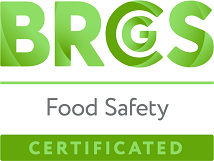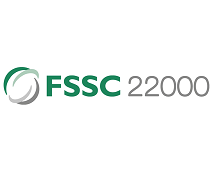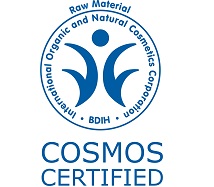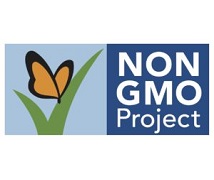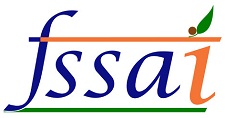
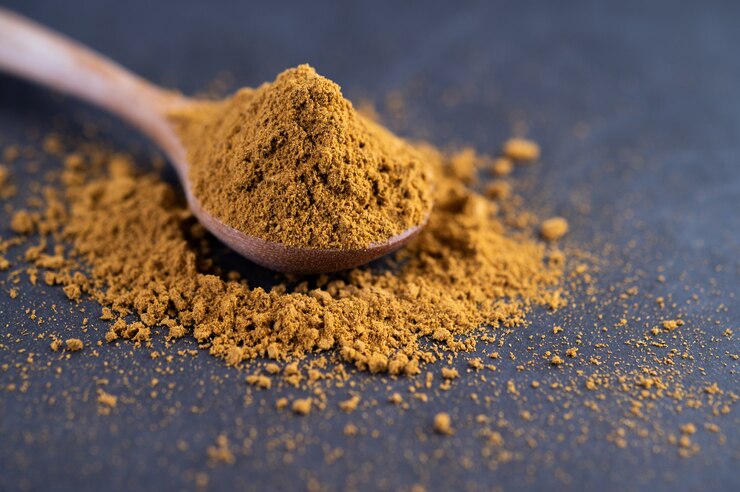
Organic Folic Acid Powder
The indiscriminately use of fertilizers and pesticides in agriculture can have severe impact on human health ranging from toxicity and deadly diseases. We at ARYAN are committed to address this challenge by working towards the organic food which uses herbal plants based extracts and adopts phytoremediation for removal of hazardous substances and toxic metals. For last two decades, our group has been involved in the production of Organic botanical extracts, organic essential oils, organic edible oil, organic spices, organic starch, organic flours, and organic seeds. Now we are focusing on organic minerals and organic vitamins. By now ARYAN has carved a niche for itself in the field of ORGANIC FOODS and is continuously moving in leaps and bounds. Taking a leaf out of this growth, we intend to start the production of our “Organic Folic acid Powder”. Our vitamin is purely organic and does not use any chemical compounds. Unlike other organic Folic acid available in the market, ours is totally “Gluten Free”. We have already developed the organic Folic acid and shortly file the patent so that commercial production can star in near future.
Functioning in the Body
- Folic acid is crucial for proper brain function and plays an important role in mental and emotional health. It aids in the production of DNA and RNA, the body’s genetic material, and is especially important when cells and tissues are growing rapidly, such as in infancy, adolescence, and pregnancy.
- Folic acid also works closely with vitamin B12 to help make red blood cells and help iron work properly in the body. Vitamin B9 works with vitamins B6 and B12 and other nutrients to control blood levels of the amino acid homocysteine.
- Folate is also needed to produce healthy red blood cells and is critical during periods of rapid growth, such as during pregnancy and fetal development.
- Folic acid helps your body produce and maintain new cells, and also helps prevent changes to DNA that may lead to cancer.
Food sources for Folic acid
The best sources of Folic acid are Spinach, dark leafy greens, Asparagus, Turnips, Beets, Mustard Greens, Brussels sprouts, Lima beans, Soybeans, Beef Liver, Brewer’s Yeast, Root Vegetables, Whole grains, Wheat germ, Bulgur Wheat, Kidney Beans, White beans, Lima beans, Mung beans, Salmon, Orange juice, Avocado, Milk.
Recommended Dietary Allowances
The recommended dietary allowances for Folic acid (Food and Nutrition Board) in both International
Units (IUs) and micrograms.
Recommended Dietary Allowances for Magnesium
| Age | Male | Female | Pregnancy | Lactation |
| Birth to 6 months* | 65 mcg* DFE | 65 mcg* DFE | ||
| 7–12 months* | 80 mcg* DFE | 80 mcg* DFE | ||
| 1–3 years | 150 mcg* DFE | 150 mcg* DFE | ||
| 4–8 years | 200 mcg* DFE | 200 mcg* DFE | ||
| 9–13 years | 300 mcg* DFE | 300 mcg* DFE | ||
| 14–18 years | 400 mcg* DFE | 400 mcg* DFE | 600 mcg* DFE | 500 mcg* DFE |
| 19+ Years | 400 mcg* DFE | 400 mcg* DFE | 600 mcg* DFE | 500 mcg* DFE |
*Adequate Intake (AI)
Benefits of Folic acid
1. Heart Disease
There is some evidence that getting enough folic acid in your diet can reduce your risk of heart disease, although this evidence is based on population studies and not more definitive clinical trials. B complex vitamins, especially vitamins B9, B6, and B12, help lower homocysteine levels.
2. Age related Macular Degeneration (AMD)
One large study found that women who took 2,500 mcg of folic acid along with 500 mg of vitamin B6 and 1,000 mcg of cyanocobalamin (vitamin B12) daily reduced their risk of developing AMD, an eye disease that can cause vision loss.
3. Depression
The evidence about whether folic acid can help relieve depression is mixed. Some studies show that 15 to 38% of people with depression have low folate levels in their bodies, and those with very low levels tend to be the most depressed. One study found that people who did not get better when taking antidepressants had low levels of folic acid. A double-blind, placebo-controlled study found that taking 500 mcg of folic acid daily helped the antidepressant Prozac work better in women, but possibly not men. Another study found that taking folic acid and vitamin B12 was no better than placebo in relieving depression in older people.
4. Cancer
Folic acid in the diet seems to protect against the development of some forms of cancer, including, Colon, Breast, Cervical, Pancreatic and Stomach. Folic acid keeps DNA healthy and prevents mutations that can lead to cancer. The best course of action is to make sure you eat a balanced diet with enough folate, which will help protect you against a number of diseases.
5. Dementia and Cognitive Function
Observational studies have found an association between high homocysteine levels and increased incidence of dementia and Alzheimer’s disease. Homocysteine can negatively affect the brain by causing a lack of blood to the brain and nerve cells. Some observational studies have found a link between low blood levels of folate and higher risk of dementia. However, clinical trials have not found that folic acid supplementation prevents the development of dementia or improves cognitive function even if it reduces homocysteine levels. More clinical trials of longer duration are needed to see the effects of folic acid supplementation and effective dosages on cognitive function.
Folic acid Deficiency
Folate-deficiency anemia is the lack of folic acid in the blood. Folic acid is a B vitamin that helps your body make red blood cells. If you don’t have enough red blood cells, you have anemia. Low levels of folic acid can cause megaloblastic anemia. With this condition, red blood cells are larger than normal. There are fewer of these cells. They are also oval-shaped, not round. Sometimes these red blood cells don’t live as long as normal red blood cells.
Folate deficiency during pregnancy can cause severe complications. Folate is important for the growth of your baby’s brain and spinal cord. Folate deficiency can cause severe birth defects called neural tube defects. Neural tube defects include spina bifida and anencephaly. Folate deficiency can also increase the chances of placental abruption, a condition where your placenta separates from your uterus.
Precautions
When used orally at appropriate doses, folic acid is likely safe. People with allergies might have a reaction to folic acid supplements. Excess folic acid is excreted in urine. A high folate intake can mask vitamin B-12 deficiency until its neurological effects become irreversible. This can typically be remedied by taking a supplement containing 100 percent of the daily value of both folic acid and vitamin B-12. Adequate folate intake during pregnancy is necessary for your baby’s brain development. It also reduces the risk of birth defects. Because many women don’t meet their folate needs through food sources alone, those of childbearing age are often encouraged to take folic acid supplements. However, supplementing with too much folic acid while pregnant may increase insulin resistance and slow brain development in children.
Search Products
- Organic Botanical Extract
- Organic Cereals
- Organic Edible Oils
- Organic Emulsifiers
- Organic Essentials Oils & Extracts
- Organic Fatty Acids
- Organic Flours
- Organic Formulations
- Organic Herbs
- Organic Minerals
- Organic Nutraceuticals
- Organic Nuts
- Organic Oil Seeds
- Organic Pulses
- Organic Special Products
- Organic Spices
- Organic Starch
- Organic Vitamins

